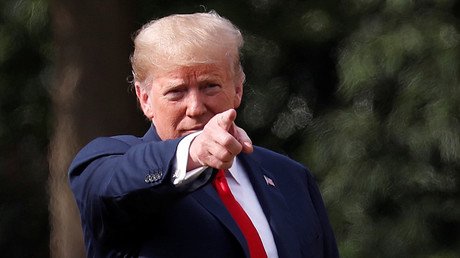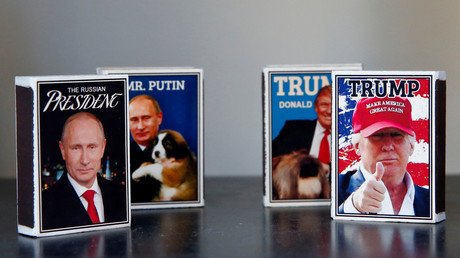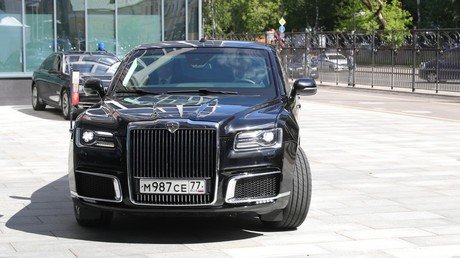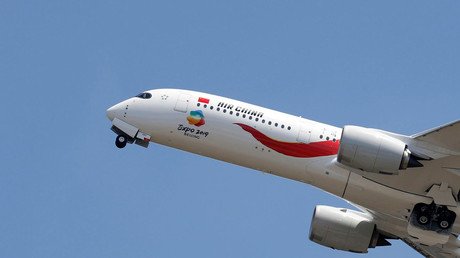Putin unlikely to dump Europe for US, Helsinki breakthrough doubtful – Russia’s think tank’s head
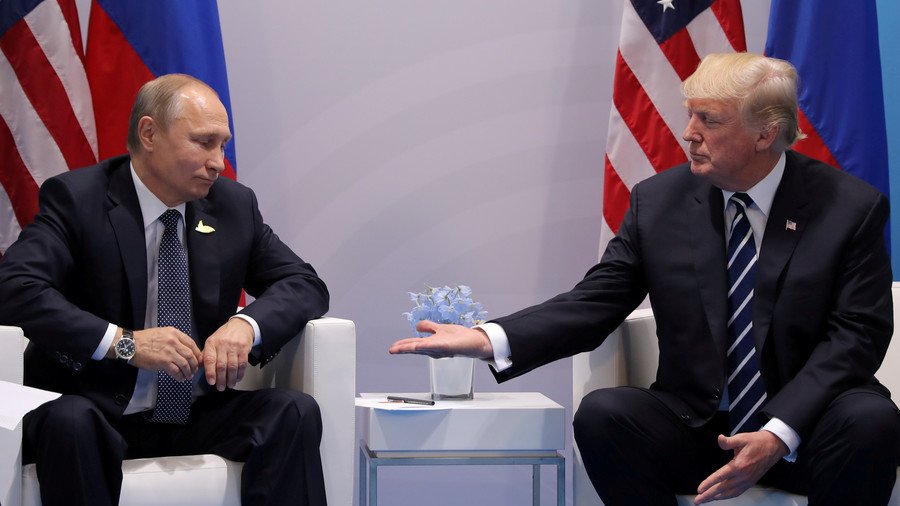
The meeting of Vladimir Putin and Donald Trump is unlikely to result in a breakthrough, since Moscow will not ditch its “allies and friends” for the US, while Trump will face a domestic backlash for getting cozy with Russia.
The face-to-face meeting between the Russian and US presidents is set to take place in Helsinki, Finland, on Monday afternoon. Ahead of the summit Andrey Kortunov General Director of the Russian International Affairs Council (RIAC), one of the country’s top think tanks, shared with RT his insights on the upcoming event.
Russia’s president is likely to resist the “temptation” to deal with the US directly, disregarding the interests of the EU, Kortunov believes, especially as tensions between Donald Trump and European leaders are soaring. Europe is still a more important partner for Russia than the US, and they also share a similar diplomatic stance on many international problems.
“It is the European Union that is Russia's main trading partner, the main source of investment and new technologies. On a number of important issues for Moscow –the Iranian nuclear deal or the status of Jerusalem, for example– European positions are way closer to Russian than to American ones,” Kortunov told RT. “In general, European countries are more reliable and predictable partners than the US.”
Russia would also take into consideration the effect of any possible “rapprochement” with the US would have on its “allies and friends,” Kortunov said, naming Iran, Syria, North Korea, Venezuela and China as examples of such countries.
“The reaction of Beijing is particularly important for Moscow, given that the meeting in Helsinki is prepared amid another flashpoint in US-China relations,” Kortunov believes.
The US President also has “relative weakness” in his ability to negotiate freely, Kortunov warned. Trump, unlike Putin, is facing hard domestic pressure and any deals reached in Helsinki can be potentially undermined by the US top lawmakers and bureaucracy, which have been repeatedly showing a stern anti-Russian stance.
“Any agreements reached in Helsinki can not only be criticized, but also “tweaked” by officials of the Washington administration, among whom there are not that many supporters of the US-Russian rapprochement. An interference by the US Congress is probable; it has repeatedly shown its desire to limit the powers of the US president in matters relating to Russia,” he said.
Given all the “obstacles” both Putin and Trump face, it’s hard to expect a “breakthrough” during the upcoming summit and Russia would likely stick to more modest goals. Donald Trump, however, might come up with some “unexpected” and “unconventional” proposals, while Putin is likely to take a “cautious” approach.
“As far as one can see, the most important objective for Russia at this point is to halt the further deterioration of relations with the United States, to stabilize these relations, albeit at the current extremely low level, and only then to proceed to their gradual normalization,” Kortunov said. Resumption of “normal” diplomatic relations –at least bringing the mutual expulsions of diplomats to an end– will likely be among the priorities for Moscow as well.
By any means, if the two leaders manage to avoid any major blunders and open “public conflict,” the meeting “will be hailed both in Moscow and in Washington as a great political success,” while “real difficulties and contradictions” might surface during the implementation of any agreements reached in Helsinki, Kortunov concluded.
Like this story? Share it with a friend!
